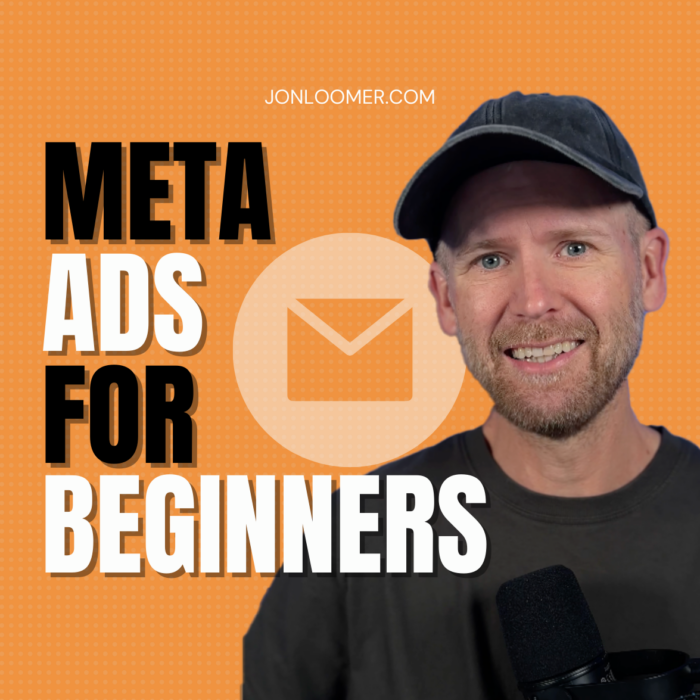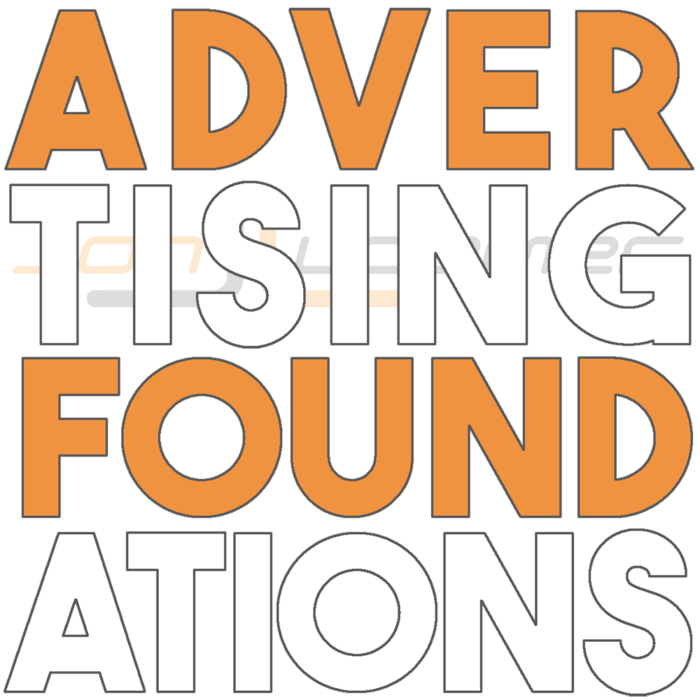There’s a lot of chatter in the world of Facebook advertising right now. You’re likely more confused and frustrated about the state of advertising than you’ve been in some time. And more than likely, the primary factor behind that confusion and frustration is iOS 14.
Look, I get it. We’re in a period of unknown right now. As I described it to my PHC – Elite community today, it’s as if we’ve known for months that we were going to get into a car accident, but we don’t know how bad it’s going to be. The anticipation might be the worst of all.
But, let’s take a deep breath. Even if you assume worst-case scenarios once the iOS 14 prompt goes live, advertisers are going to be just fine. We can’t do things as we’ve always done them, of course, but we’re going to make it through this.
Let me explain…
Fear of the Unknown
We often build up the unknown to be more impactful than it ultimately is. That may be the case here.
Until Apple’s ATT privacy prompt goes live — and probably weeks or months thereafter — we really don’t know how much this will impact us. You can bet that many will blame iOS 14 for any bad performance in the meantime. Actually, people have started the blame game already, even though the prompt hasn’t been rolled out yet.
Facebook’s made a lot of changes over the years. So many freakouts from users and marketers alike. So many of those freakouts were overreactions.
I’m not suggesting this isn’t a big deal. But let’s wait until we can evaluate the impact of this before we claim it’s life-changing.
Prepare for Attribution Changes
Part of this is getting an educated feel for what is going to happen instead of reacting on the fly — emotionally — later.
Everyone will see some impact due to the change in attribution from 28-day click and 1-day view to 7-day click once the prompt goes live. That will result in fewer reported conversionsA conversion is counted whenever a website visitor performs an action that fires a standard event, custom event, or custom conversion. Examples of conversions include purchases, leads, content views, add to cart, and registrations. More. How much of a change should you expect?
You should export historical data with attribution windows of up to 28-day click. Under the “columns” drop-down in Ads Manager, select the option to “Compare Attributions.”
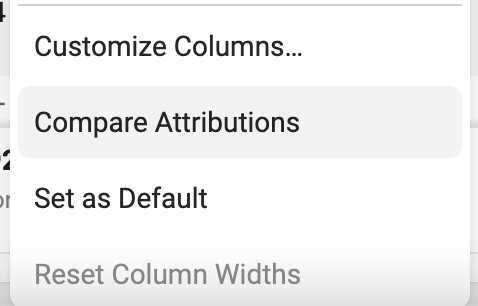
Next, select 1-day click, 7-day click, 28-day click, and 1-day view. This includes all of the attribution windows that were used during the past year (it was changed to 7-day click, 1-day view in January and will change to 7-day click only soon).
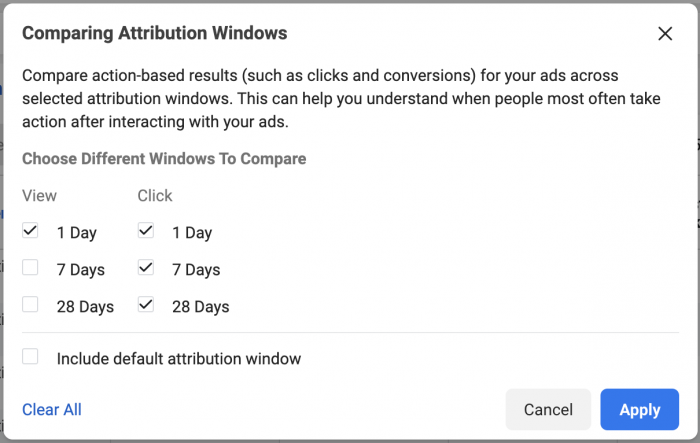
Once you generate reports, select a time period going back up to 37 months (the max for exporting) and select to export your data.

Based on Facebook’s Attribution SettingAttribution is how Meta gives credit to an ad for a conversion. Your Attribution Setting determines how your ad will be delivered and the reporting attribution window. The default Attribution Setting is 7-day click and 1-day view, which means that anyone who converts within 7 days of clicking or 1 day of viewing your ad will be counted as a conversion. More alone, you may see fewer conversions reported, particularly if you’ll typically see conversions outside of 7-day click. But you may even see a drop in 1-day view, particularly from iOS users.
Have a sense of how your numbers compare to the total sales your business generates. It will help you determine if a drop in reporting later is because of trouble or because Facebook simply isn’t reporting all of your sales.
Know the Potential Impact
Everyone will be impacted by this, regardless of whether you have an iOS audienceThis is the group of people who can potentially see your ads. You help influence this by adjusting age, gender, location, detailed targeting (interests and behaviors), custom audiences, and more. More. But, certainly, those with an audience concentrated on iOS devices will feel it the most.
You should also uncover what percentage of your audience is on an iOS device. The impact of opt-outs from tracking will be felt here, resulting in shrinking custom audiences and events reported.
You can find this in Facebook Analytics. Select an Event Source Group that includes at least your pixel (could include any and all assets). Use a wide time range and then create a filter at the top for people who used a particular app or device (select iOS for Device OS).
Then you’ll see the percentage of your total audience using iOS.

You can also use Google Analytics to figure this out, based on website activity. Go to Audience > Technology > Browser & OS and then select “Operating System.” Once again, select a wide time range.
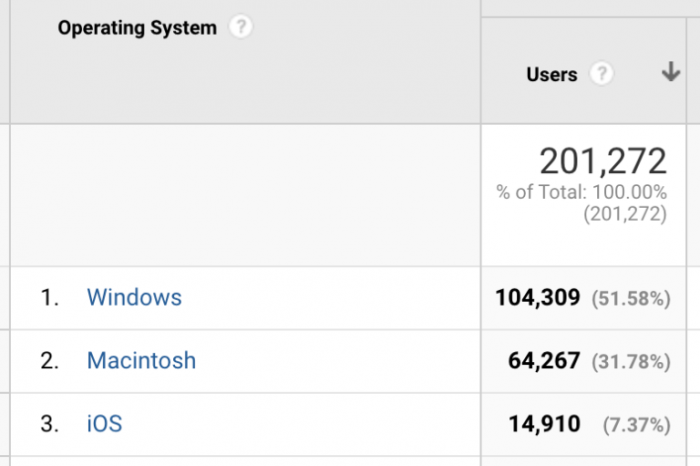
Using both methods, I’ve found iOS users make up about 8-percent of my audience. Assuming half-ish opt-out of tracking, I’d see a 4-percent direct impact to custom audiences. Would I even notice that?
Advertising Isn’t Dying, But We May Be Going Back in Time
Look. Facebook advertising has been a revelation. It’s changed the industry. But iOS 14 is likely the first of many steps back to the way online advertising used to be.
The march towards more perceived privacy and less tracking and micro-targeting is only beginning. Targeting will become more difficult. OptimizationThe Performance Goal is chosen within the ad set and determines optimization and delivery. How you optimize impacts who sees your ad. Meta will show your ad to people most likely to perform your desired action. More won’t be as effective. Ads simply won’t work as well.
That’s not the end of the world. Advertising survived in the past without these things, and it will survive again.
Expect innovation and solutions to be created along the way to help fix some of these problems.
Beware of Fraud and Misinformation
While innovation will be inevitable when there’s a perceived problem, beware of the purported solution that is too-good-to-be-true. You are going to see a lot of products claiming to completely fix and replace the holes that will result from iOS 14. Be skeptical.
Sure, there may be tools that can help. But they can’t magically replace everything Facebook loses while still remaining within privacy rules.
Also, avoid blaming iOS 14 for every poorly performing campaign. Unless you’re a magician, not all of your campaignsThe campaign is the foundation of your Facebook ad. This is where you'll set an advertising objective, which defines what you want your ad to achieve. More work. They won’t always work in the future either. Sometimes, it just didn’t work and you need to try something else.
You’ll Be Needed More Now Than Ever Before
Honestly, advertising agencies should love this. The bar was just raised. Expertise is going to be needed now more than ever before.
What you don’t want is for advertising to be easy. If it were, your client could do it. The truth is, we may have been heading down that path before as advertising systems got smarter and more automated. You were soon to be replaceable.
Now, it’s going to take more work. More creativity. More experimentation. You can’t keep doing what you’ve always done, and your clients need someone who can help them through this time and beyond.
If you’re good at what you do, these challenges will only create more distance between your work and those who are faking it.
Your Turn
How are you handling these pending changes?
Let me know in the comments below!




